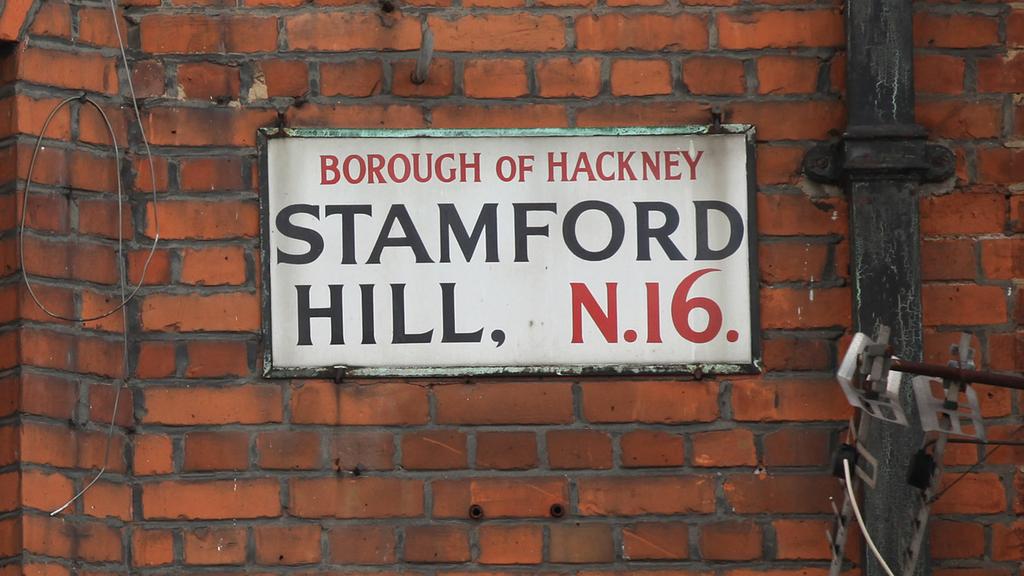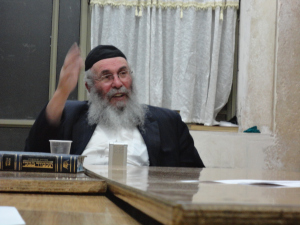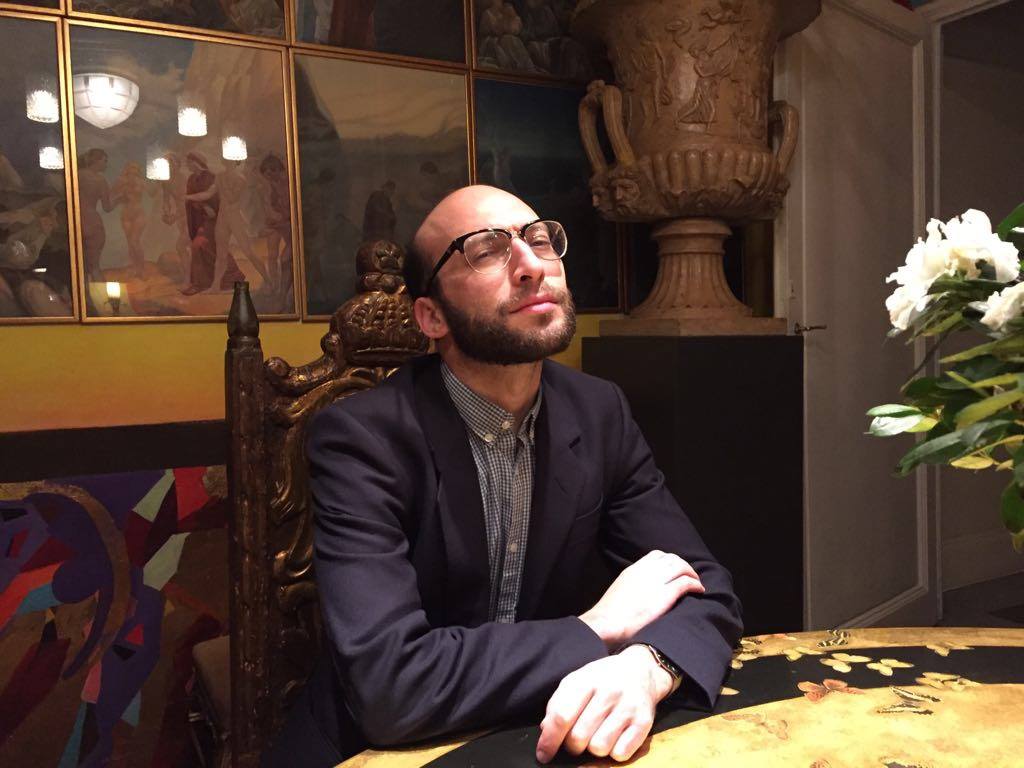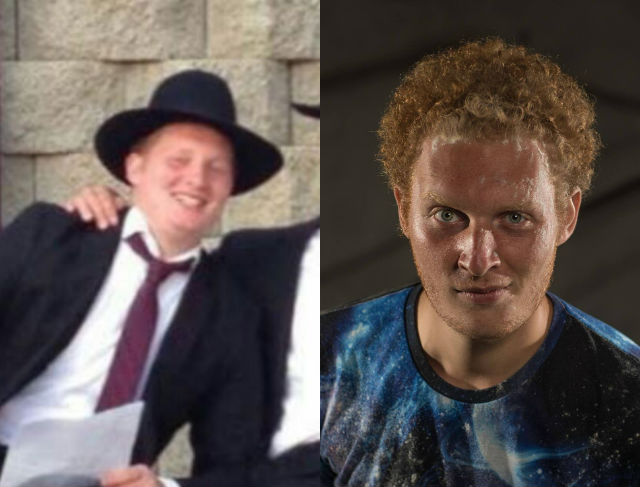Category: Personal Stories
-

Rachel’s Story
Rachel (pseudonym) is in her forties, and is an attorney-in-law. She lives on the east coast with her two sons. Hi Rachel, thanks for agreeing to be interviewed. Please tell us something about your family’s religious background and why you know Russian 🙂 We came here when I was relatively young from the former Soviet…
-
Letter to Our Family and Friends
by Philo and Judy Judaeus
-

Miriam’s Story and Fraud in the Stamford Hill Community
https://www.bbc.co.uk/programmes/m000113m
-

How Rabbi Tauber Betrayed My Trust
By the time I was ten years old I knew this life wasn’t for me. No, I was not molested. I was not beaten or abused in any way. I was the middle child in a large Orthodox family and I always felt loved and cared for. My parents are honest and kind, good people.…
-

Akiva’s Story
Akiva Weingarten was born in New York in 1984, the oldest of a family of 11 children. At 18, he moved to Israel where he lived for 10 years. Akiva got his first Smicha (rabbinical ordination) from a Chassidish Yeshiva in Monsey, NY at the age of 17 and was ordained again 8 years later…
-
Todd’s Story
I was born into a Jewish family which was very involved with Jewish and synagogue life, long before we all became Orthodox. Our family belonged to a synagogue affiliated with the centrist Conservative movement of Judaism (religiously in between the more liberal Reform and more strict Orthodox movements) in Rockville, Connecticut, a suburb of Hartford.…
-
First Dutch OTD Memoir Published
From the cover: “Dina-Perla grew up in Jewish orthodoxy and a suffocating reality, where nothing is what it seems. As a young girl, she fought for freedom and love, flees her parental home and decides never to return.” Dina-Perla Portnaar’s debut is called “Exodus uit de vuurtoren” (Exodus from the lighthouse” and can be purchased…
-

Aryeh’s Story
Aryeh is 21 and was raised in Seattle. Today, Aryeh considers himself to be an atheist, but a human before anything else. In many ways he identifies more with his hunter gatherer, primate, and non-mammalian ancestors than his more recent Jewish ones but feels a cultural kinship not related to religion for his fellow Jews.…
-

Ezra’s Story
Ezra is 23 years old and lives in New York City. He tries to bring Orthodox non-believers together through his blog, FreethinkingJewboy.com. How would you describe your religious upbringing? I’d say my upbringing was in between Modern Orthodox and the frum right-wing. I’ve been called “MO” by right-wingers and “yeshivish” by MO people. I had…
-

Steve Miller’s Story
Steve is 25, married, and has 3 kids. He was raised Chassidic and turned Atheist two years ago. Hi Steve, could you describe your family’s religious background to us? My parents are part of the Ultra-Orthodox Hasidic sect, called Bobov. As in most other Hasidic sects, we grew up sheltered from the outside world. Movies…
